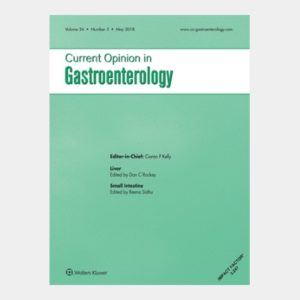Иммунный ответ слизистой на грибы и возможные последствия при воспалительных заболеваниях кишечника
 НАЗНАЧЕНИЕ ОБЗОРА:
НАЗНАЧЕНИЕ ОБЗОРА:
Кишечная микрофлора играет основную роль в воспалительных заболеваниях кишечника. Несмотря на то, что большинство исследований, относящихся к тому, как иммунная система слизистой взаимодействует с микрофлорой, фокусируются на бактериях, недавние исследования установили дополнительную роль симбиотических грибов в вопросах здоровья и заболеваний кишечника.
НЕДАВНИЕ ИЗЫСКАНИЯ:
Благодаря новым техническим подходам был установлен состав сообществ грибов в кишечнике человека и мыши. Описанный состав данных сообществ зависит от подхода, использованного для определения грибов. Изменения в микрофлоре кишечника взаимосвязаны с воспалением кишечника у пациентов с воспалительными заболеваниями кишечника и в модели колита на мышах. В новейших исследованиях начинают устанавливать механизмы, с помощью которых иммунная система слизистой взаимодействует с грибной микрофлорой и подвергается ее воздействию.
Limon JJ, Kershaw KM, Underhill DM.
Curr Opin Gastroenterol. 2018 Nov; 34 (6): 398−403.
doi: 10.1097/MOG.483.
Mucosal immune responses to fungi and the implications for inflammatory bowel disease
PURPOSE OF REVIEW:
The intestinal microbiota plays a central role in inflammatory diseases of the gut. Although most investigations regarding how the mucosal immune system interacts with the microbiota have focused on bacteria, recent studies are elucidating the additional role of commensal fungi in health and disease in the gut.
RECENT FINDINGS:
New technical approaches are defining the makeup of the fungal communities in the intestines of humans and mice. The reported composition of these communities is influenced by the approaches used to define the fungi. Changes in the intestinal mycobiota are associated with gut inflammation in patients with inflammatory bowel disease and in mouse models of colitis. Recent studies are beginning to elucidate the mechanisms by which the mucosal immune system interacts with and is influenced by intestinal fungi.

